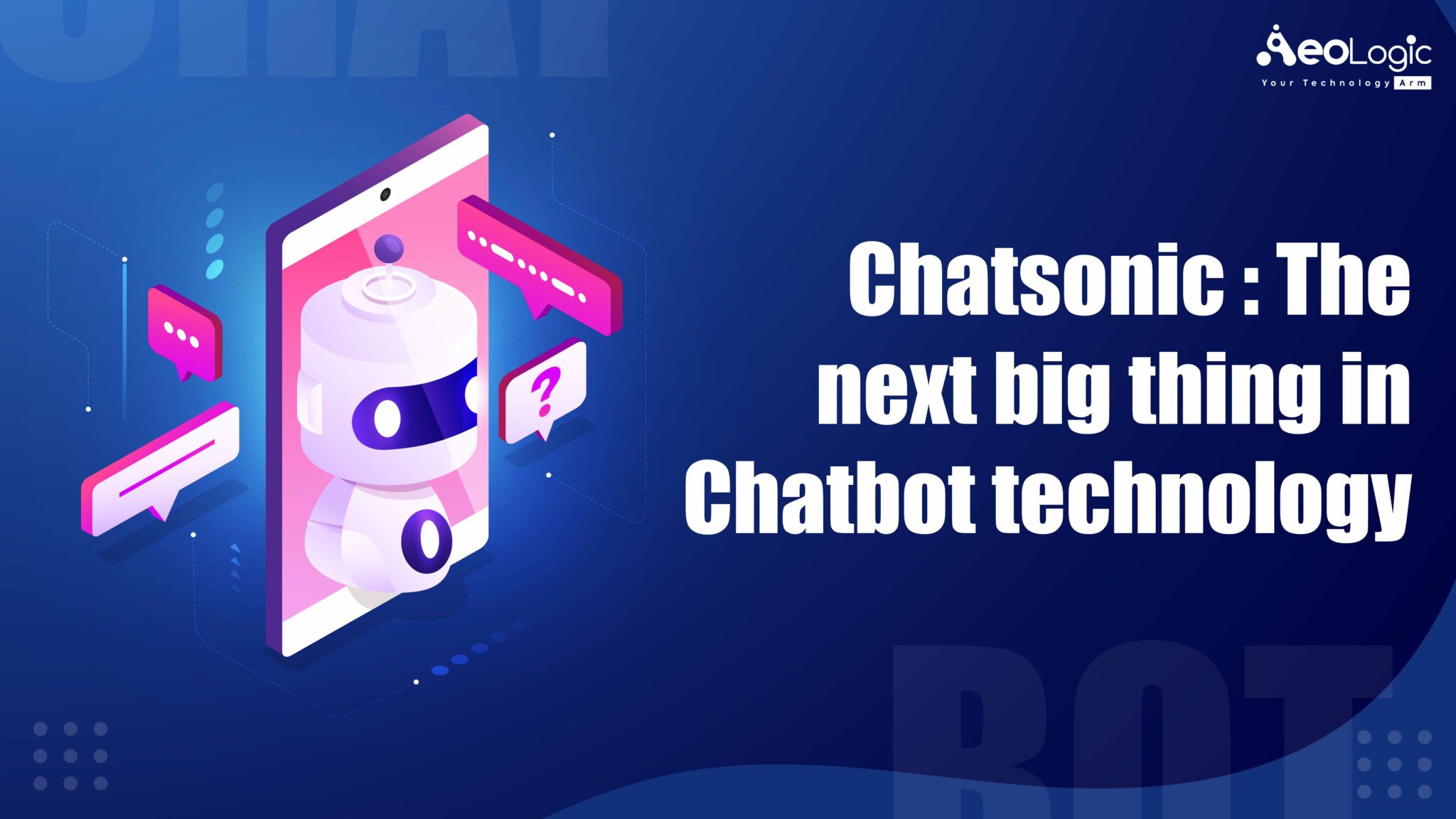Never Changing Virtual Assistant Will Finally Destroy You
페이지 정보

본문
 And a key idea in the construction of ChatGPT was to have another step after "passively reading" issues like the net: to have precise people actively work together with ChatGPT, see what it produces, and in effect give it feedback on "how to be a superb chatbot". It’s a pretty typical type of thing to see in a "precise" state of affairs like this with a neural internet (or with machine studying generally). Instead of asking broad queries like "Tell me about historical past," try narrowing down your question by specifying a selected period or event you’re enthusiastic about studying about. But attempt to give it rules for an actual "deep" computation that includes many doubtlessly computationally irreducible steps and it just won’t work. But when we'd like about n phrases of coaching information to set up those weights, then from what we’ve said above we are able to conclude that we’ll need about n2 computational steps to do the coaching of the community-which is why, with present strategies, one finally ends up needing to talk about billion-dollar coaching efforts. But in English it’s much more lifelike to be able to "guess" what’s grammatically going to fit on the basis of local choices of words and other hints.
And a key idea in the construction of ChatGPT was to have another step after "passively reading" issues like the net: to have precise people actively work together with ChatGPT, see what it produces, and in effect give it feedback on "how to be a superb chatbot". It’s a pretty typical type of thing to see in a "precise" state of affairs like this with a neural internet (or with machine studying generally). Instead of asking broad queries like "Tell me about historical past," try narrowing down your question by specifying a selected period or event you’re enthusiastic about studying about. But attempt to give it rules for an actual "deep" computation that includes many doubtlessly computationally irreducible steps and it just won’t work. But when we'd like about n phrases of coaching information to set up those weights, then from what we’ve said above we are able to conclude that we’ll need about n2 computational steps to do the coaching of the community-which is why, with present strategies, one finally ends up needing to talk about billion-dollar coaching efforts. But in English it’s much more lifelike to be able to "guess" what’s grammatically going to fit on the basis of local choices of words and other hints.
 And ultimately we can just notice that ChatGPT does what it does using a pair hundred billion weights-comparable in quantity to the entire number of words (or tokens) of training knowledge it’s been given. But at some stage it still appears tough to believe that all of the richness of language and the things it might talk about might be encapsulated in such a finite system. The basic answer, I think, is that language is at a basic degree by some means easier than it seems. Tell it "shallow" guidelines of the kind "this goes to that", and so on., and the neural internet will most definitely have the ability to characterize and reproduce these just high quality-and certainly what it "already knows" from language will give it an immediate pattern to comply with. Instead, it seems to be ample to mainly inform ChatGPT one thing one time-as part of the immediate you give-after which it may well successfully make use of what you advised it when it generates text. Instead, what seems extra probably is that, sure, the elements are already in there, but the specifics are outlined by something like a "trajectory between those elements" and that’s what you’re introducing while you inform it something.
And ultimately we can just notice that ChatGPT does what it does using a pair hundred billion weights-comparable in quantity to the entire number of words (or tokens) of training knowledge it’s been given. But at some stage it still appears tough to believe that all of the richness of language and the things it might talk about might be encapsulated in such a finite system. The basic answer, I think, is that language is at a basic degree by some means easier than it seems. Tell it "shallow" guidelines of the kind "this goes to that", and so on., and the neural internet will most definitely have the ability to characterize and reproduce these just high quality-and certainly what it "already knows" from language will give it an immediate pattern to comply with. Instead, it seems to be ample to mainly inform ChatGPT one thing one time-as part of the immediate you give-after which it may well successfully make use of what you advised it when it generates text. Instead, what seems extra probably is that, sure, the elements are already in there, but the specifics are outlined by something like a "trajectory between those elements" and that’s what you’re introducing while you inform it something.
Instead, with Articoolo, you'll be able to create new articles, rewrite previous articles, generate titles, summarize articles, AI-powered chatbot and find photos and quotes to assist your articles. It may well "integrate" it provided that it’s mainly riding in a reasonably easy way on top of the framework it already has. And indeed, much like for humans, in the event you inform it something bizarre and unexpected that utterly doesn’t fit into the framework it is aware of, it doesn’t appear like it’ll successfully be capable to "integrate" this. So what’s going on in a case like this? A part of what’s happening is little question a reflection of the ubiquitous phenomenon (that first grew to become evident in the instance of rule 30) that computational processes can in effect tremendously amplify the obvious complexity of systems even when their underlying guidelines are easy. It's going to come in handy when the person doesn’t need to type within the message and might now as an alternative dictate it. Portal pages like Google or Yahoo are examples of common user interfaces. From buyer assist to digital assistants, this conversational AI model may be utilized in various industries to streamline communication and enhance person experiences.
The success of ChatGPT is, I think, giving us proof of a fundamental and vital piece of science: it’s suggesting that we will anticipate there to be main new "laws of language"-and effectively "laws of thought"-out there to discover. But now with ChatGPT we’ve received an important new piece of information: we all know that a pure, synthetic neural community with about as many connections as brains have neurons is able to doing a surprisingly good job of generating human language. There’s definitely something moderately human-like about it: that at least as soon as it’s had all that pre-training you possibly can tell it one thing simply as soon as and it might probably "remember it"-no less than "long enough" to generate a bit of textual content using it. Improved Efficiency: AI text generation can automate tedious duties, freeing up your time to focus on excessive-level inventive work and strategy. So how does this work? But as soon as there are combinatorial numbers of possibilities, no such "table-lookup-style" approach will work. Virgos can be taught to soften their critiques and find extra constructive ways to provide suggestions, while Leos can work on tempering their ego and being more receptive to Virgos' practical ideas.
- 이전글Guide To Mines Gamble: The Intermediate Guide The Steps To Mines Gamble 24.12.11
- 다음글Right here, Copy This idea on AI Text Generation 24.12.11
댓글목록
등록된 댓글이 없습니다.

